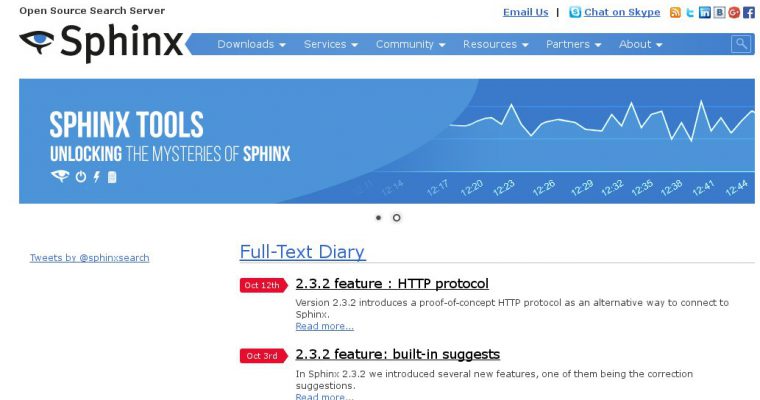How To Install Libiconv Red Hat
I did this on a IBM box running Red Hat Linux, I'm not sure which version. It basically went like a dream, and maybe took an hour or so. This is to compile PHP5 as an. Installation Guide; 1. Obtaining Red Hat Enterprise Linux; 2. Making Media. Making an Installation DVD; 2.2. Making Minimal Boot Media. Minimal USB Boot Media for BIOS-based Systems; 2.2.2. Minimal USB Boot Media for UEFI-based Systems; 2.3. Creating a USGCB-compliant Installation Image; I. X86, AMD64, and Intel 64 —. $./configure --prefix=/usr/local $ make $ make install After installing GNU libiconv for the first time, it is recommended to recompile and reinstall GNU gettext.
3.1. Autodesk Universal Keygen X Force 2016 there. 1 Oracle R Distribution for Oracle R Enterprise Oracle recommends that you use Oracle R Distribution with Oracle R Enterprise Server. Oracle R Distribution is configured to simplify installation, resolve dependencies, and easily integrate with the Intel Math Kernel Library (MKL). Benefits of Oracle R Distribution: • Oracle R Distribution is compiled with the flags that are required by Oracle R Enterprise server components. • Oracle R Distribution uses MKL to provide high performance mathematical computations on x86 hardware. If you have a licensed installation of MKL, you can configure Oracle R Distribution to use it by simply adding it to LD_LIBRARY_PATH path and setting one environment variable.

See for details. 3.2.1 Installing Oracle R Distribution on Oracle Linux Using Yum Before installing Oracle R Distribution, verify that your version of Oracle Linux is supported by Oracle R Enterprise.

To install Oracle R Distribution on Oracle Linux Using Yum: • Log in to the Linux server as root and change to the /etc/yum.repos.d directory: # cd /etc/yum.repos.d • Execute the following command to download the yum configuration file from Oracle Public Yum: # wget xxx.repo The name of the configuration file is public-yum- xxx.repo, where xxx is either el5, for Oracle Linux 5, or 0l6., for Oracle Linux 6 Note: If the yum configuration file is already present in /etc/yum.d, then you can skip this step. • Open the configuration file in a text editor and specify enabled=1 for xxx _latest and xxx _addons, where xxx indicates the version of Linux, either el5 or ol6: [ xxx_latest] enabled=1 [ xxx_addons] enabled=1 • Execute the yum install command to install R. To install R-2.15.3: # yum install R-2.15.3 To install the most recent version of R that is available on Oracle Public Yum: # yum install R.x86_64. 3.2.2 Installing Oracle R Distribution on Oracle Linux Using RPMs Oracle recommends that you use yum to install Oracle R Distribution. However, if yum is not available, you can install Oracle R Distribution using RPMs.
Before installing Oracle R Distribution, verify that your version of Oracle Linux is supported by Oracle R Enterprise. To download and install the RPMs for Oracle Linux 5, execute the commands shown in. To download and install the RPMs for Oracle Linux 6, execute these same commands but replace el5 with ol6.
Note that these RPMs may have dependencies that need resolving. 3.3 Installing Oracle R Distribution on Oracle Solaris Oracle R Distribution is supported on Oracle Solaris x86-64 and SPARC. Before installing Oracle R Distribution, verify that your version of Oracle Solaris is supported by Oracle R Enterprise. To install Oracle R Distribution on Oracle Solaris: • Go to the Oracle Open Source Software Download page for Oracle R Distribution: • Download the files for your installation. The following are the files for R-2.15.3: • For x86 64-bit systems: ord-2.15.3-sol10-x86-64-sunstudio12u3.tar.gz ord-2.15.3-supporting-sol10-x86-64-sunstudio12u3.tar.gz • For SPARC 64-bit systems: ord-2.15.3-sol10-sparc-64-sunstudio12u3.tar.gz ord-2.15.3-supporting-sol10-sparc-64-sunstudio12u3.tar.gz • Uncompress the first file, either sol110-x86-64 or sol10-sparc. • Run i nstall.sh as root to install the Solaris PKG file for Oracle R Distribution.
# install.sh • Uncompress the second file, either supporting-sol10-x86-64 or supporting-sol10-sparc, to a local directory such as $ORACLE_HOME/lib. Add that directory to $LD_LIBRARY_PATH. These tar files contain the shared libraries for libR.so: • libiconv.so.2 • libncurses.so.5 • libreadline.so.6 • libsunperf.so (This library and its dependent shared libraries usually ship with Oracle Solaris Studio). • Run the following command to verify that libR.so is picking up its shared library dependencies correctly from the local directory.